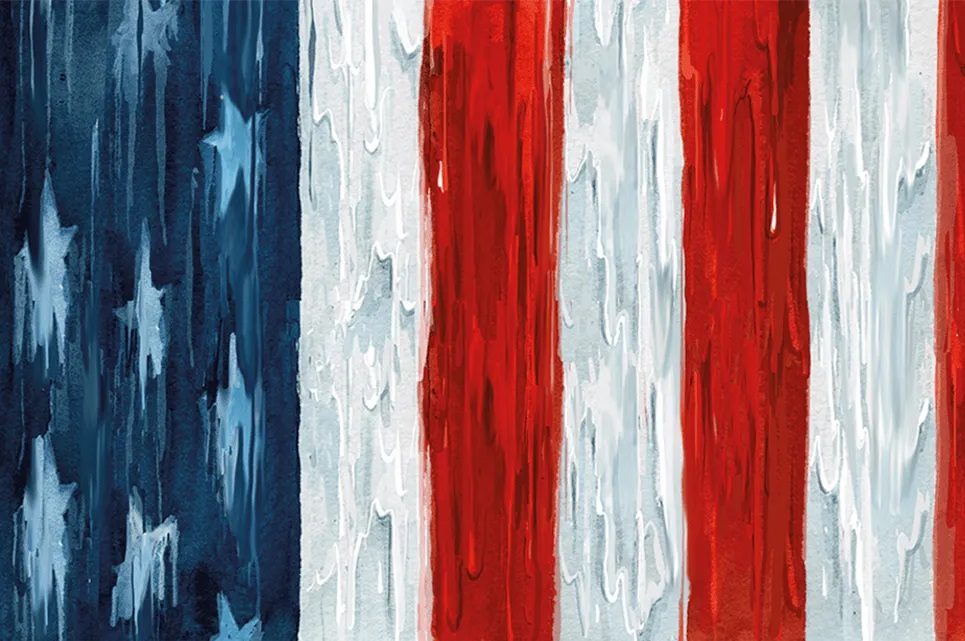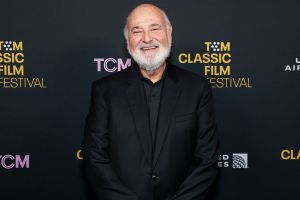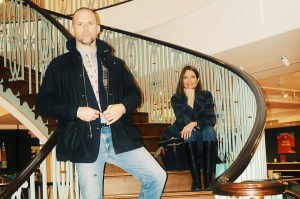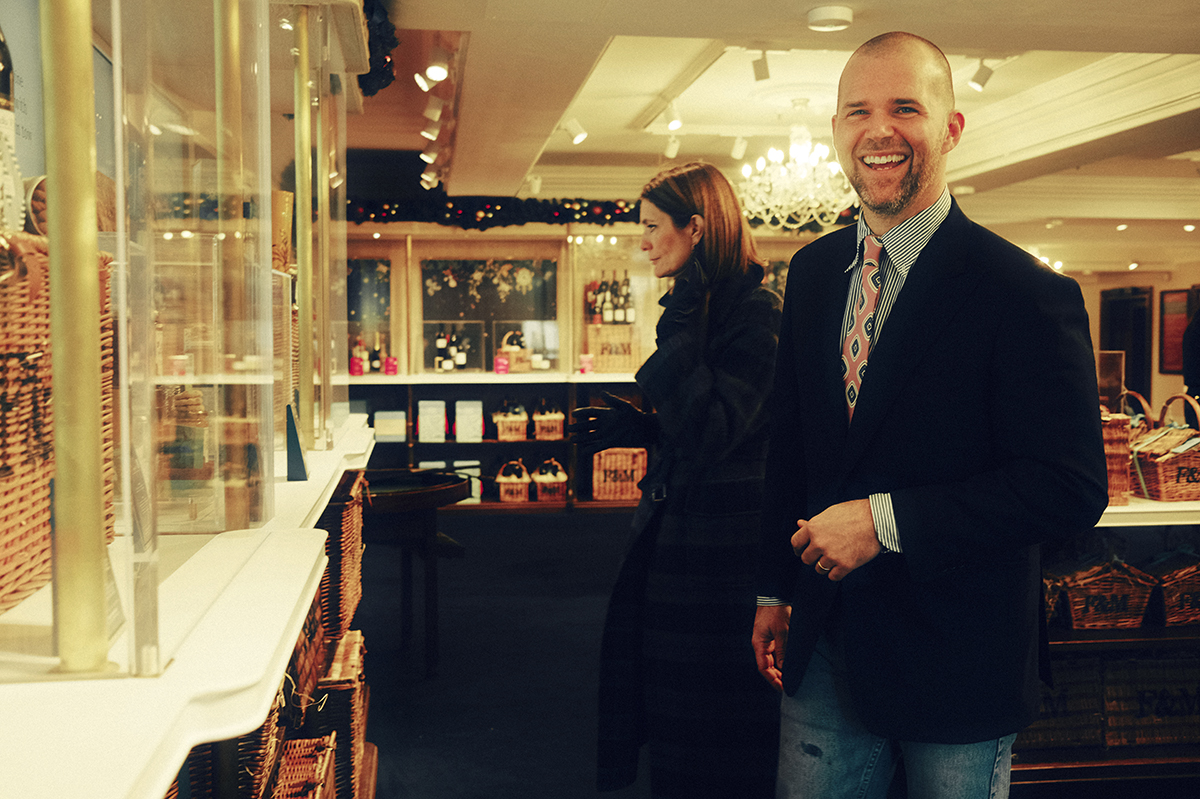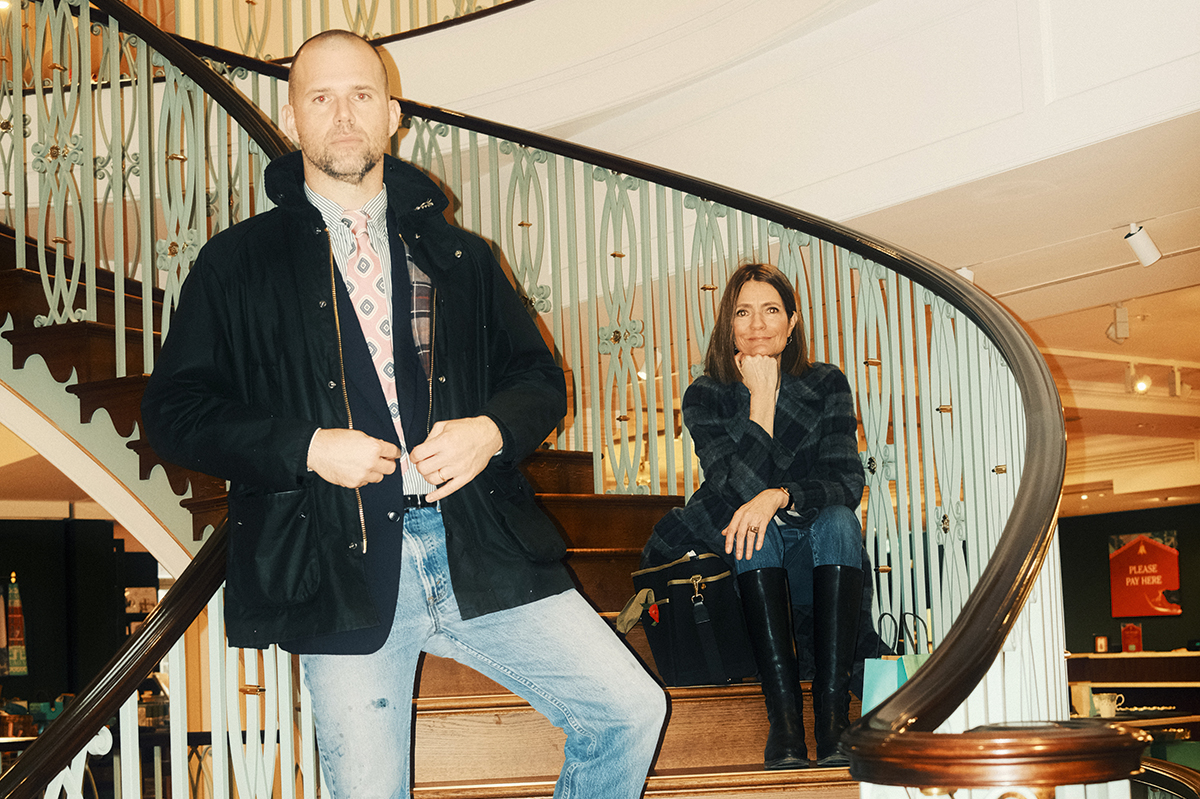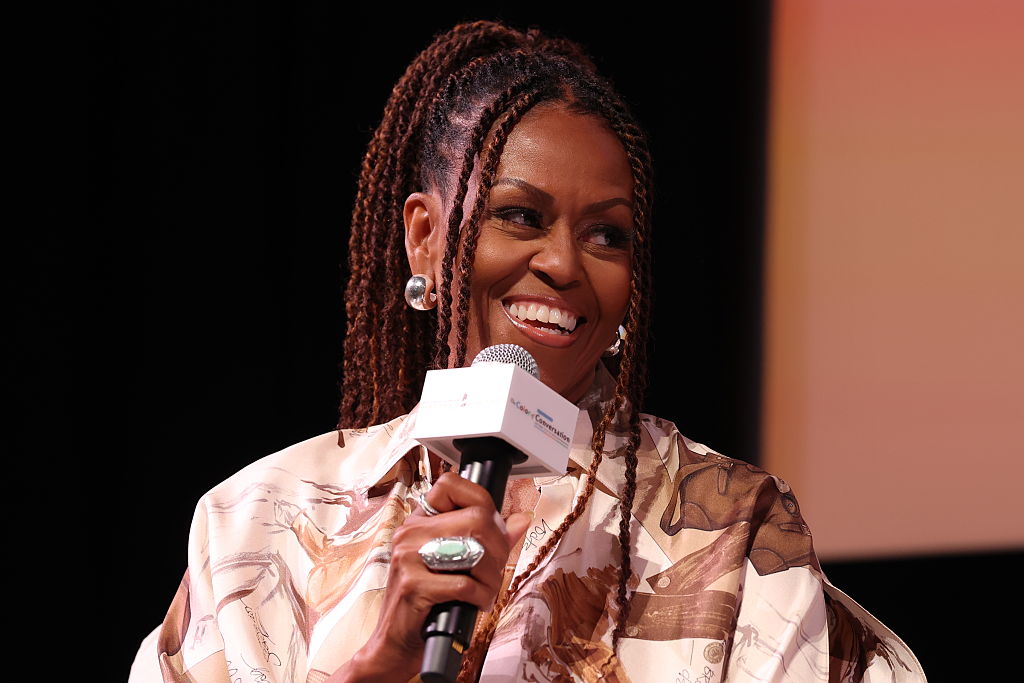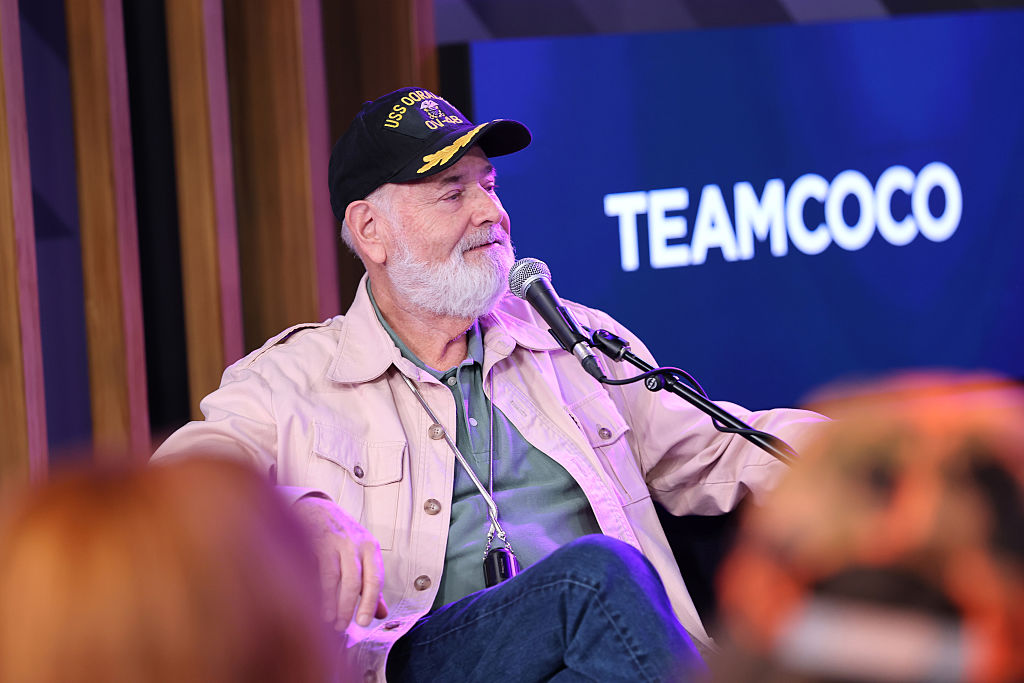In an ideal world, I wouldn’t have chosen an election year for my American book tour. It’s not that I dislike elections generally. And — praise be — a population of 300 million Americans has managed to raise one presidential candidate who is not a convicted felon awaiting sentence. No, my problem with American elections — and it viscerally distresses me every four years — is the affront to democracy called the Electoral College. I’ve done the math. The Electoral College can hand you the presidency even if your opponent receives three-quarters of the popular vote. Of course that’s a hypothetical extreme. The familiar reality is that campaigns ignore all but a handful of “swing” states. A genuine electoral college, however, could work rather well. Voters in every state would elect respected citizens to meet in conclave to find a president — like a university search committee or the College of Cardinals. They’d headhunt the best in the land, interview them, study their publications and speeches, exhaustively vet them — and finally after a secret ballot announce the verdict in a puff of white smoke. Perhaps the Founding Fathers had something like that in mind. If so, the rot set in when electoral college members became pledged to a particular candidate, and each state’s quota voted as a monolithic bloc, no matter how slender the state’s popular vote margin. Alas, my “search committee” ideal would never fly: too vulnerable to corruption. And replacing the present ludicrously undemocratic Electoral College by a sensible plebiscite needs a two-thirds majority in both Houses of Congress, plus approval by three-quarters of the states — a near unattainable goal because of vested interests.
My five-week tour of America took in eleven cities with total audience figures of about 11,000. The format was an on-stage interview followed by audience questions. My interlocutors had read the book, and blessedly stuck to science. An astonishing number of audience members volunteered a version of the same remark: my books had changed their life. In many cases it had inspired their choice of a career in science. Please forgive that little conceit. Can you imagine how nice it is for an octogenarian to hear such things over and over again?
Along the way I had a filmed conversation with the Canadian psychologist and “influencer” Jordan Peterson. “Influencer” is a tiresome word (like “Gen-Z,” it passed straight from neologism to cliché without pausing on the way), but in Peterson’s case it couldn’t be more apt. His immense following began after his heroic defiance of the Canadian thought-police with their bossy pronoun laws. But he is now better known for his theological deepities (Dan Dennett’s word). And his erstwhile lucidity (though not his fan base) is deserting him.
Profound thoughts can be hard to understand. Many gullible people think it works the other way round: incomprehensibility implies profundity. In his dark underworld of symbols and Jungian archetypes, Peterson’s style is legendarily obscure. As I put it to him, he is drunk on symbols. His indifference to objective fact verges on contempt. I repeatedly and unsuccessfully pressed him, for example, on virgin birth. On resurrection. On why he blames the world’s evils on “the descendants of Cain” although he must know (but refuses to say) that Cain didn’t exist and has no descendants. It’s not that he is evasive. He just doesn’t think facts matter: a common trait among “sophisticated” (as opposed to fundamentalist) theologians. Perhaps I should apologize for my shallow “scientistic” literalism when I care about the non-symbolic real world. But dammit, the real world is the world we actually live in.
Vancouver was my final stop, where I enjoyed the bonus of a tour of TRIUMF, Canada’s particle accelerator. The cyclotron, its gigantic magnets buried in equally Brobdingnagian concrete slabs, plunged me into the world of fundamental particles, a world tormented by genuinely deep mystery, having no need of obscurantist languaging-up. Frighteningly surreal though the quantum world may seem in the abstract, its credentials in the concrete situate it closer to ultimate reality than our mundane common sense, evolved for hunting, gathering and mating on the African savannah. The predictions of quantum theory are fulfilled to so many decimal places, it is like predicting the width of the Atlantic to within one hair’s-breadth. Something to dream on as I flew home through the night to begin the British leg of my book tour.
Richard Dawkins’s The Genetic Book of the Dead is out now. This article was originally published in The Spectator’s UK magazine. Subscribe to the World edition here.



